Tunisian court sentences leader of opposition Ennahda Party to one year in prison
A Tunisian court has sentenced the leader of the country's Ennahda opposition party and a fierce critic of President Kais Saied to one year in prison on terrorism-related charges.
A judge issued the sentence on Monday against 81-year-old Rached Ghannouchi, who is among more than 20 of Saied's opponents, including former ministers and business figures, who have been arrested since February.
Ghannouchi's lawyer was quoted as saying that the charges against him stem from a funeral eulogy he gave last year for an Ennahda member, during which he said the deceased "did not fear a ruler or tyrant, he only feared God."
Ghannouchi also faces charges of plotting against state security along with other detained opposition figures, who all accuse Saied of staging a coup for shutting down the elected parliament and moving to rule by decree.
He was arrested on April 17, when the Tunisian police raided and searched his house in the capital Tunis before taking him away. The arrest came following Ghannouchi's appearance in court at the end of February on terror-related charges after being accused of calling police officers "tyrants."
Ennahda party was the largest faction in Tunisian parliament before Saied dissolved the chamber in July 2021.
The Tunisian president, who enshrined his new powers in a constitution that he passed through a referendum last year, claims those detained are "terrorists" involved in a "conspiracy against state security."
Ghannouchi has so far refused to appear before judges in legal cases, arguing that the charges against him are fabricated, his lawyer Monia Bouali said.
"These trials are the purification against opposition leaders, using the judiciary, because they have not been able to defeat them politically," Bouali added.
Following Ghannouchi's arrest in April, Ennahda denounced "this extremely serious development," calling for his immediate release.
Saied launched a power grab on July 25, 2021, sacking the government, freezing the country's parliament, and seizing wide-ranging powers.
He later gave himself powers to rule and legislate by decree and seized control over the judiciary, in what rivals saw as further blows to democracy.
The Tunisian president insists that his measures are meant to save the country from a civil war. Critics, however, have accused him of orchestrating a coup.
VIDEO | Press TV's news headlines
VIDEO | Iran honors top Science Olympiad medalists
VIDEO | Austrians arrested at Gaza protest in Vienna
10 killed in bus crash in western Iran
VIDEO | One-man-band journalism with Civili
5 Israeli forces killed as Palestinian fighters face up to regime’s war machine
VIDEO | An insider's view of the country: Persian Tahini, Royan in Mazandaran
VIDEO | Israeli settler killed during strike against Tel Aviv; fresh aggression targets Yemen’s capital


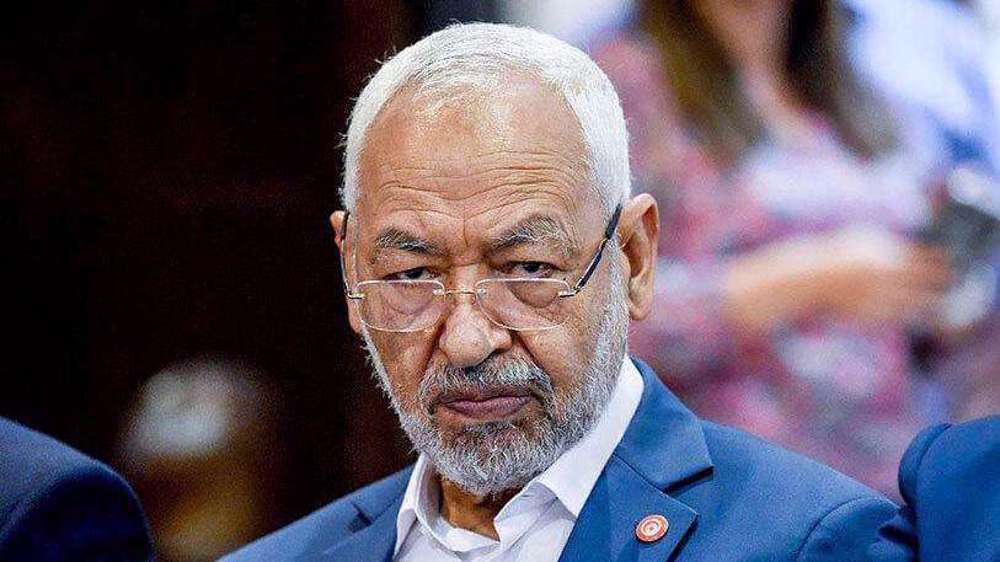
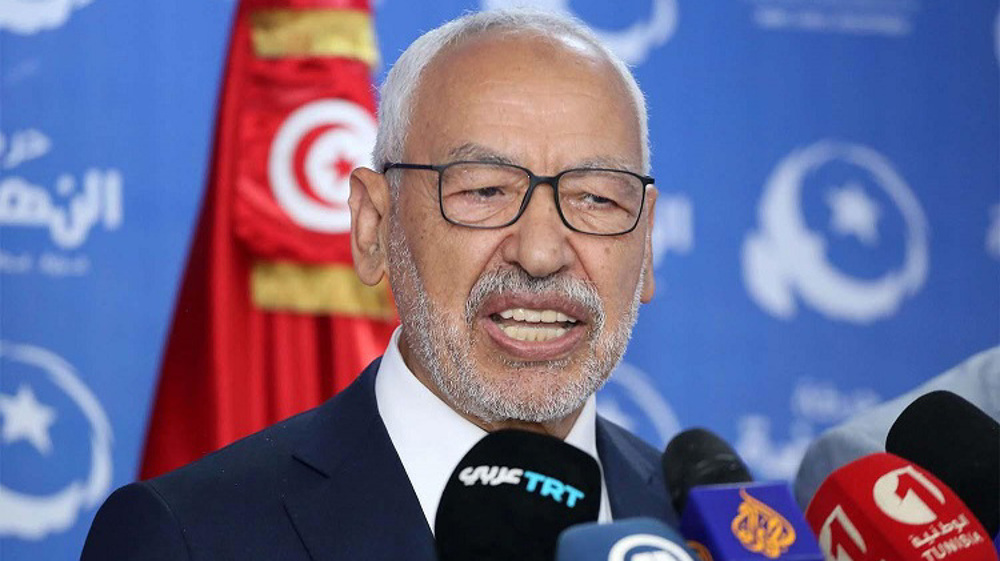
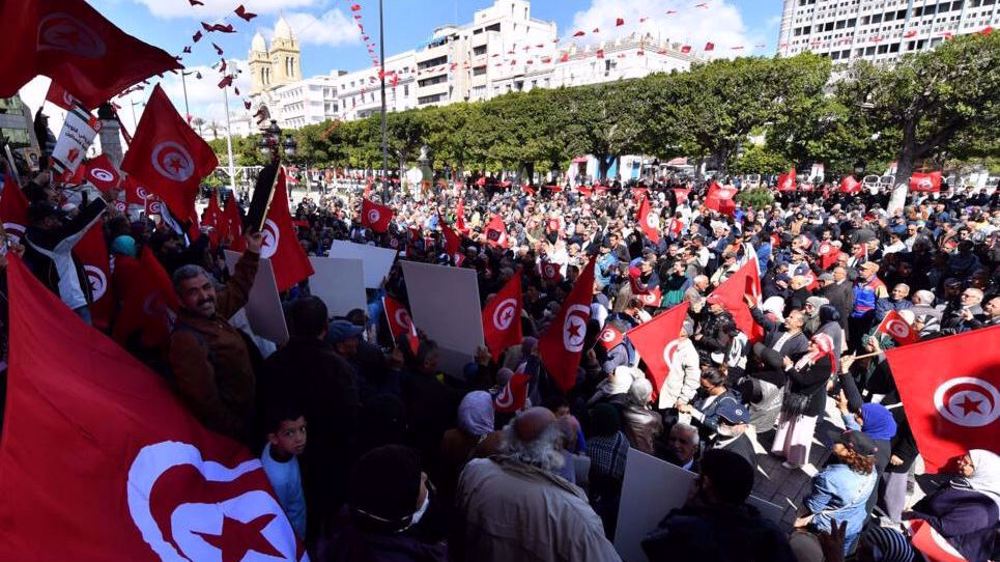







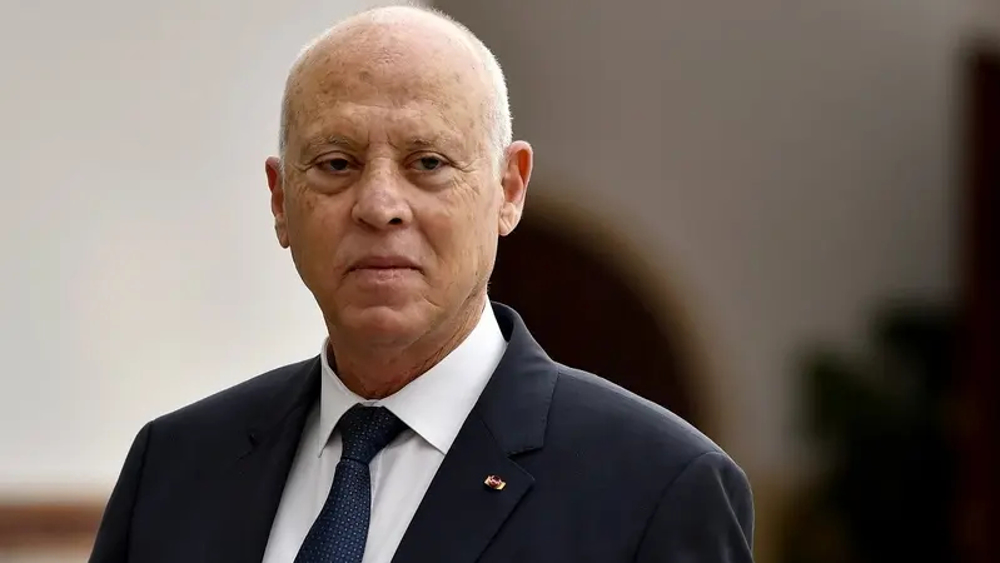
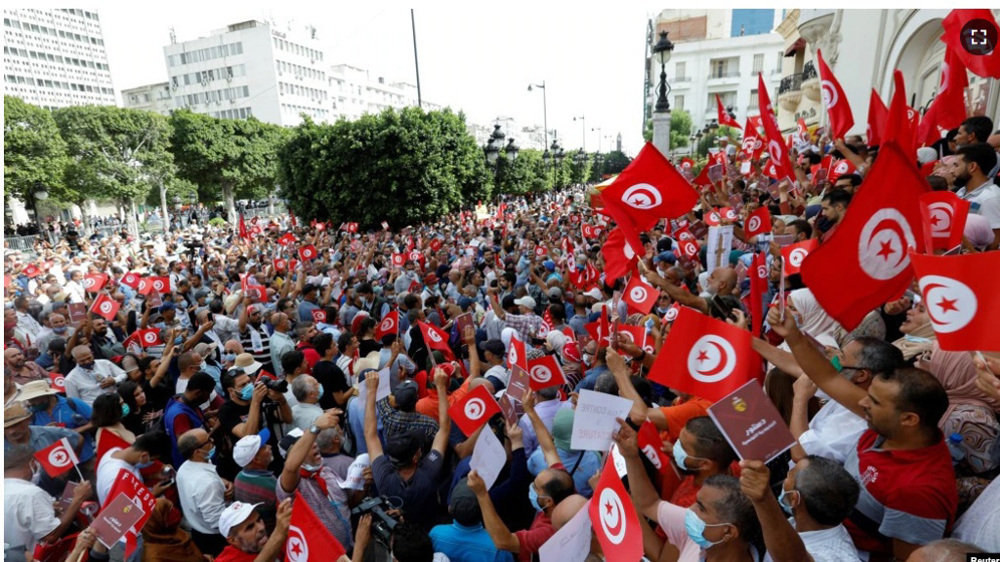

 This makes it easy to access the Press TV website
This makes it easy to access the Press TV website